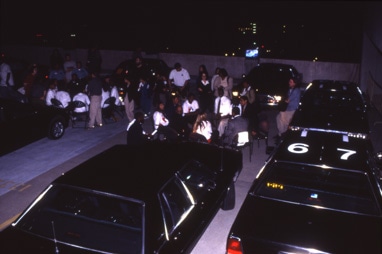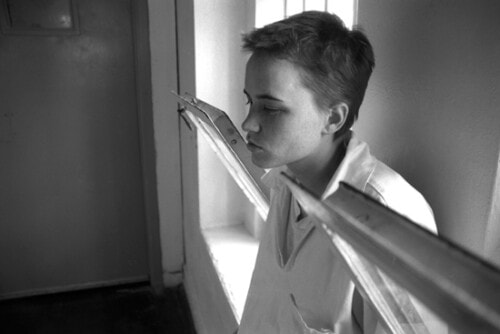The title of this issue, Polyphonic Feminisms: Acting in Concert, captures a core principle of feminism: the need for a diverse many to work—often noisily—together. Acting mellifluously, while also recognizing, honoring, bridging and preserving differences, has been one of the foremost challenges of feminist politics. Audre Lorde’s injunction to let difference be a creative bridge to the other has been more successful on the page than in practice. Yet, it’s the very differences among feminists that have led to some of the most vibrant and lasting ideas, practices and movements.
Feminist activists are often on the forefront of such groundbreaking moments, and this issue boasts contributions from many seasoned activists, as well as from scholars who make their own activist contributions. All of the contributors wrestle with pressing questions, offering visions of feminist political practices that reflect on failures, problems, and dilemmas, but preserve hope for collective engagement. While not new to feminism, the notion of prefigurative politics foregrounds many of the contributions here. That is, how do we build the kinds of relationships, institutions, movements and political practices that prefigure the world we want to live in? Answering this question requires confronting the hard spots, those “sticking points” that can so easily become intractable wedges: the elision of class differences within the academy; undervaluing parenting as a political act; the difficulty of practicing intersectionality. These sticking points are put into productive tension as contributors gesture towards imaginative methods and movements.
As the editors highlight in their introduction, Ella Shohat’s call for colloquy without the muting of one voice over another is brightly reflected here. In a panoply of sound, sight, and text, Polyphonic Feminisms: Acting in Concert does not demand unity or agreement, but rather allows for a flourishing of ruminations on what feminism is, where it has been, and what paths it might travel forward. Imagining a world remade by many feminisms, Polyphonic Feminisms calls out for new ways of acting in concert.



